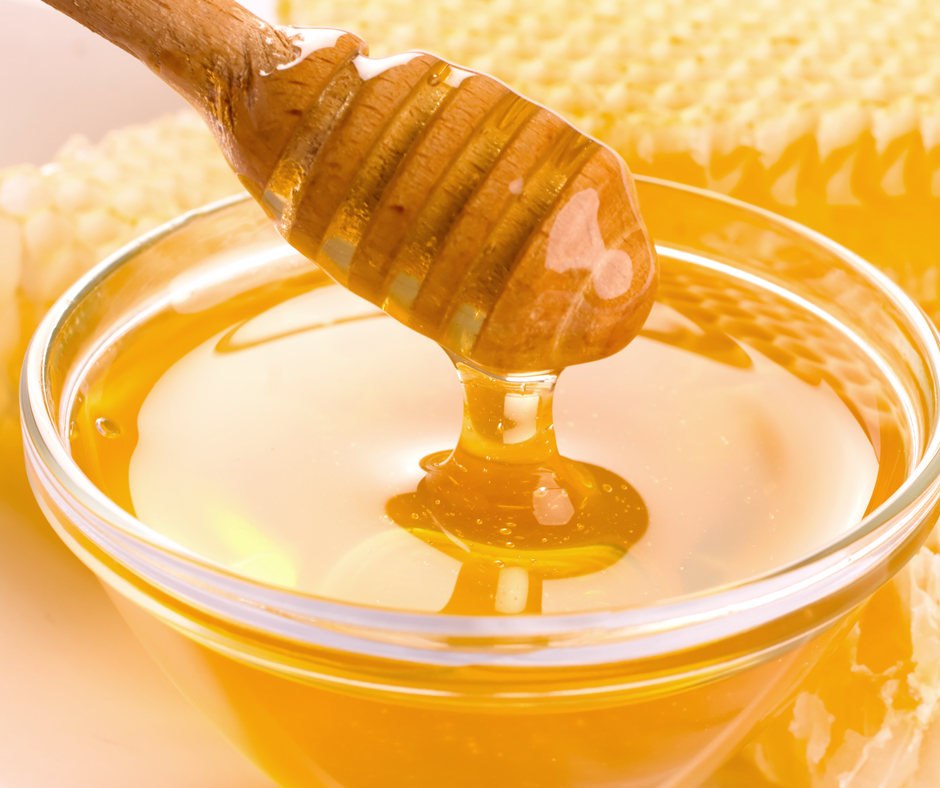You may hate the bees, but few people can hate the honey. The intensely sweet nectar has been valued by humans since the dawn of recorded history, when it was the first (and only) reliable source of sugar for ancient civilizations. But what started as a love of sugary sweetness soon evolved into something more – a realization that honey isn’t only delicious, but also medicinal.
Honey is still consumed around the world today, and its reputation for better health has only grown. It’s hailed as a health superfood and credited with the ability to heal everything from cuts and wounds to digestive issues and even certain cancers. But, like with so many other natural remedies, it’s important to separate fact from fiction.
As September is National Honey Month, it’s the perfect time to see what all the buzz is about when it comes to health and honey.
The Health Benefits of Honey
Honey is mostly composed of sugar (up to 80%), but it’s also packed with vitamins, minerals, enzymes, and antioxidants that offer a wide range of health benefits. Research has shown that honey can be used to:
- Treat wounds. Honey has antibacterial properties that can be effective in treating wounds and burns when applied topically. Raw, medical-grade honey is best applied in a hospital setting under medical supervision.
- Soothe a sore throat. Grandma was right – honey really can soothe your sore throat. This is thanks to its anti-inflammatory properties and viscous nature, which creates a thick barrier to soothe and protect the throat.
- Combat coughing. Studies suggest that a spoonful of honey is just as effective at soothing nighttime coughing as most over-the-counter medications, especially in children. (But never give honey to children under 1, as it can cause a fatal infection or allergic reaction.)
- Support digestion and gut health. The carbohydrates in honey can act as prebiotics, which help promote healthy gut bacteria and aid in good digestion. Some studies even suggest it can help treat chronic acid reflux.
Researchers continue to study the potential health benefits of honey, and many theories are still up for debate. Some potential health benefits that need more extensive study include:
- Seasonal allergies. Some studies suggest that eating local honey can act as a natural immunotherapy for seasonal allergies thanks to the presence of local pollen. However, there is no solid evidence to support this claim.
- Lower Cholesterol. Studies suggest that honey may help to lower LDL cholesterol when substituted for other forms of sugar. However, additional sugar is never a healthy option, and more research is needed.
- Boost brain health. The antioxidants in honey may help prevent cognitive decline and conditions like Alzheimer’s disease and dementia. Research is ongoing.

